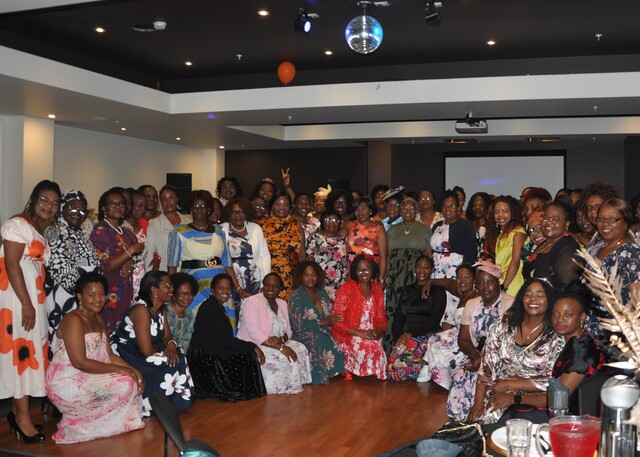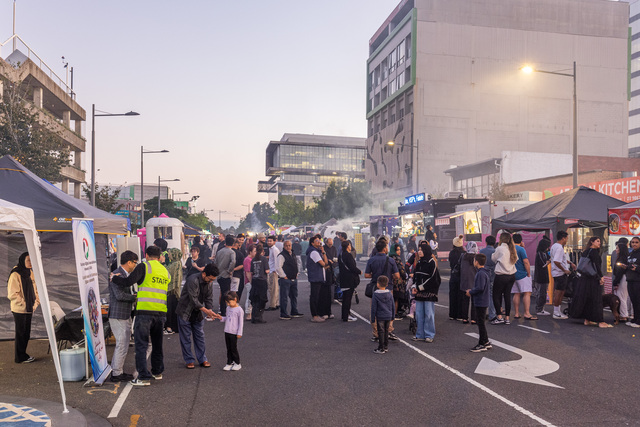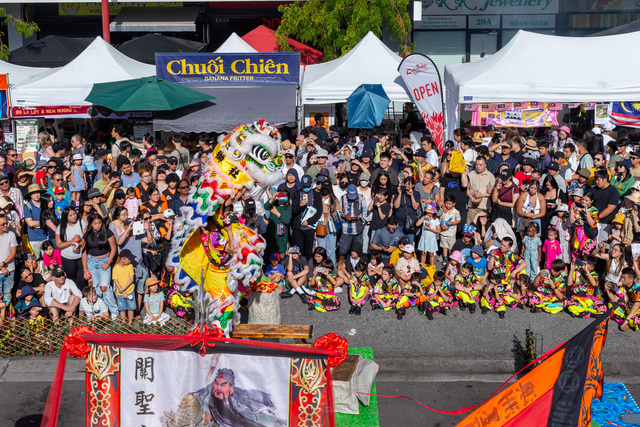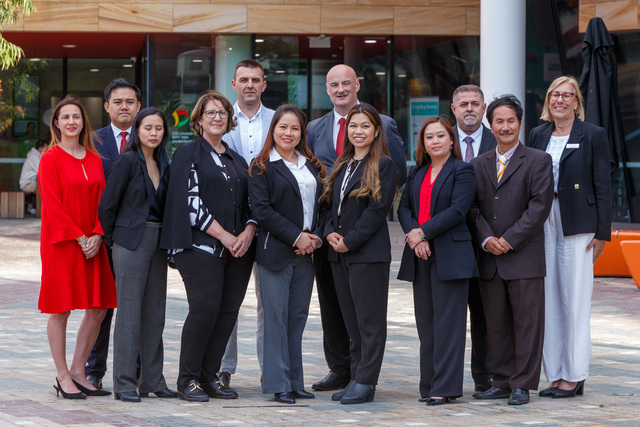A night of laughter, dance and song filled the Fountain Gate Hotel as the South East Zimbabwean Women’s group gathered for a belated Mother’s Day celebration.
Held on the night of Friday, 24 May, people began trickling into the venue shortly after 5pm, and quickly grew just an hour later.
Ravai Makwara, mother of three and local community leader, said that in Zimbabwean culture “Mother’s Day holds deep significance beyond just honouring biological mothers”.
“The celebration extends to all women who embody the nurturing and caring qualities traditionally associated with motherhood.
“We believe [that] communal responsibility for raising children is paramount, we believe that ‘it takes a village to raise a child’,” she said.
What they described as the spirit of ‘Ubuntu’, the philosophy of collectivism over individualism, was present during the night, cultivating “a community spirit of togetherness, a sense of belonging and love”.
For the group, ensuring that every woman is recognised and honoured for their “capacity to nurture, care for, and support others” within the community is essential, and gatherings such as Friday night reinforce interconnectedness and collective support.
Sharing food and communal gatherings was an emphasis of the celebration, with mothers who attended being given the choice to contribute a dish that ultimately created a diverse spread of traditional Zimbabwean cuisine.
Speaking on behalf of everyone, Ms Makwara said that “the act of sharing food symbolises unity, generosity, and solidarity among the group”.
“No meeting is too small for sharing, in accordance with the cultural belief that no gathering is too insignificant to share a meal, even a modest Mother’s Day gathering is elevated by the presence of shared food.
“It serves not only as a tribute to mothers but also a reaffirmation of cultural values centred on community, sharing and hospitality,” she said.
The night wasn’t just all food and merriment, but also a dive into the exchanging of “insights on raising children and cultivating healthy families, [with] participants [contributing] to the well-being of future generations”.
Ms Makwara had taken the initiative in finding a suitable venue for the event, as well as arrangements for decorations and other logistics management for the location.
However, reaching out to community members proved to be one of the more difficult tasks of the organisation process, with Ms Makwara saying that “despite setting a due date for bookings and payments, we encountered the cultural mindset of ‘no hurry in Africa’ which made it difficult for people to commit by the deadline”.
Ms Makwara played a crucial role in community coordination, as well as handling last-minute booking requests and venue negotiations, for the strong belief that “these gatherings serve as nurturing spaces where women can connect, share experiences and uplift each other”.
“By fostering a sense of community, you’re not only strengthening individual women but also creating a network of support that benefits everyone involved.
“When women come together to support one another, they can overcome feelings of inferiority and isolation,” she said.
The formation of the South East Zimbabwean Women has played an instrumental role in the formation of smaller subgroups within their community and beyond, such as a young mother’s group, a sewing club and a 50s and over group.
Furthermore, the group is not all leisure, facilitating discussions on mental health and well-being, family violence, education and even just how to meaningfully engage with teachers during parent teacher interviews are initiatives that are being regularly explored.
The night was attended by well over 100 women, which began around 5pm and ran until 10pm onwards.

















